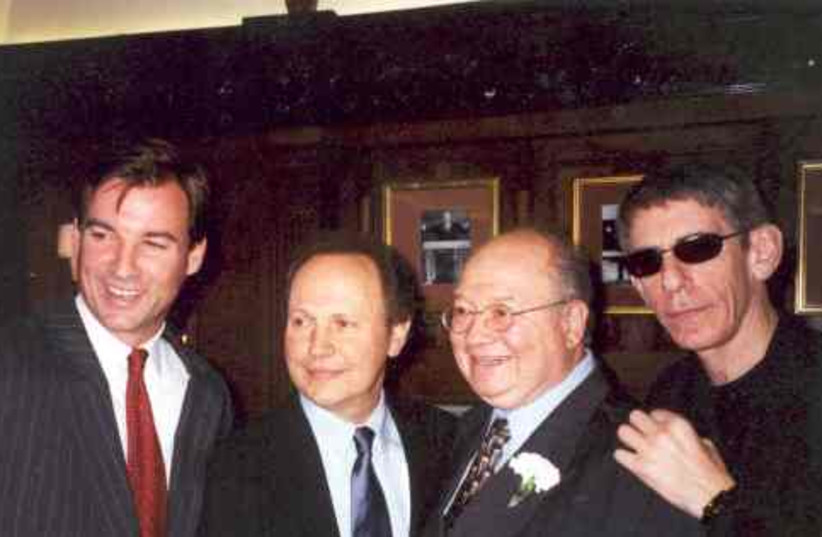Richard Belzer wasn’t just a hard-boiled Jew who rose from a troubled childhood to the top of his field — he played one on TV.
Belzer, who died Sunday at 78, was a familiar face because of his longstanding roles on “Homicide: Life on the Streets,” “Law and Order: SVU” and other TV shows.
In each of those series, he played a presumptively Jewish detective named John Munch whose biography overlapped significantly with Belzer’s own.
The life and legacy of Richard Belzer

Belzer was born in 1944 in Bridgeport, Connecticut, and had what he described as a difficult childhood. His mother was abusive; his father and brother would both die by suicide. (Another family member would wind up successful: his cousin Henry Winkler, the actor.) He joined the Army but was discharged after less than a year.
Belzer later tried to break through as an actor and comedian in New York City, but even though he became acquainted with leaders in the comedy community, his career did not take off until he was almost 50, when he landed the first of what would be hundreds of appearances as Munch, a wry, conspiracy-obsessed detective.
Belzer’s Jewish identity was rarely a central part of his public persona even as it was embedded into his casting and characters. An exception came — twice — when he drew criticism for making a Nazi salute as part of a joke.
“I’m a Jewish comedian, and there’s this new thing out, it’s called satire, irony and historical reference,” he said in response to criticism from the Anti-Defamation League in 2012. “To say that a Jew can’t do that gesture as [an] homage to [Charlie] Chaplin’s masterpiece ‘The Great Dictator’ is like Muslim extremists killing a cartoonist for disparaging Mohammed in his art.”
Belzer died at his home in the south of France, where he first bought a house with settlement money after being dropped on the head by professional wrestler Hulk Hogan. A friend who announced his death said he had suffered from many physical ailments in recent years; he noted that Belzer’s last words were, fittingly, “F— you, motherf—er.”
